From the Editors
Special Issue: Legal, Social, and Technical Considerations for Cyber Security
in the Digital Revolution
The current digital revolution is often synonymous with the Fourth Industrial Revolution, where there is increasing focus on the use of artificial intelligence and machine learning, big data and data science, and cyber-physical systems with particular focus on the Internet of Things (IoT). The introduction of new technologies has the potential to increase the attack surface as well as the legal liabilities of security flaws and failures with or by the technology. In addition, there exist gaps in terms of cybersecurity governance and policy that need to be addressed.
The Cambridge Analytica scandal illustrated how big data can be misused to aid in potentially influencing the outcomes of voting, with severe social and legal repercussions for the organisation when their role was discovered (Meredith 2018). In addition, big data is often not as helpful as expected; Lui (2016) indicates that 32% of organisations found big data made decision-making more problematic.
The security concerns with IoT were demonstrated when a casino was hacked through the Inter-net-connected sensors for the lobby fish tank (Schiffer 2017). At a larger scale, distributed denial of service attacks from the Mirai botnet (consisting of compromised IoT devices) targeted Dyn and disrupted access to social media across the U.S. and Western Europe (Woolf 2016), and then essentially severed Liberia from the Internet (Kirk 2019). The varying scale of the attacks means that there is a greater need to consider both national laws and regulations, as wells as international laws. An example of the growing efforts for common international frameworks includes the Paris Call (Macron 2018) and the norms proposed by the Global Commission for the Stability of Cyberspace (2019).
This special issue invited authors who presented papers at three mini-tracks (chaired by the editors for this special issue) at the 2019 International Conference on Cyber Warfare and Security to expand upon their work by including additional content and contributions not presented at the conference. The papers submitted to this issue have undergone a double-blind peer review process in addition to the review process for the conference. Of ten papers invited, eight have been selected for inclusion in this special issue.


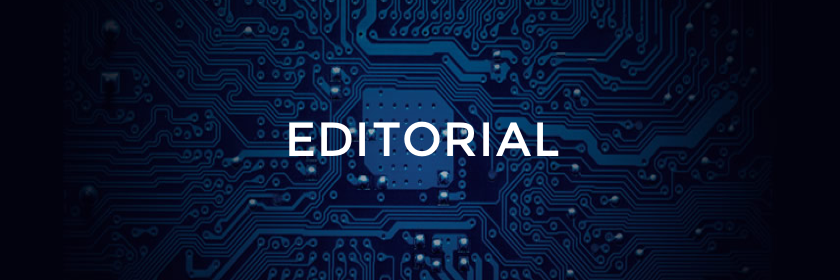
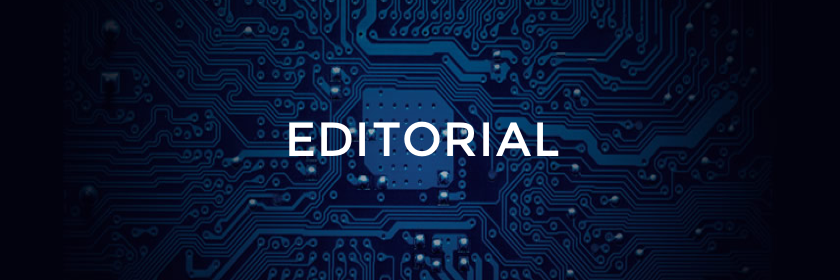
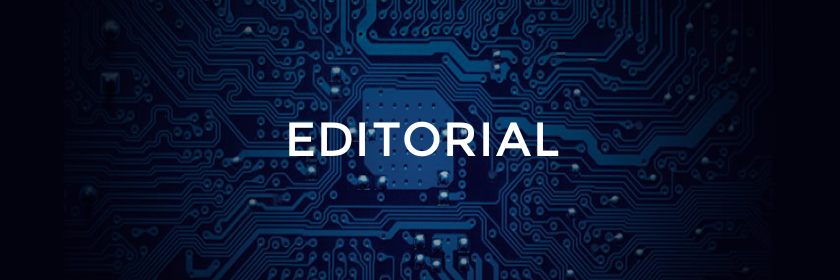
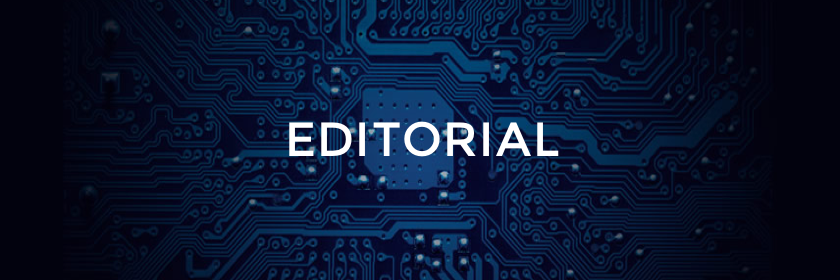
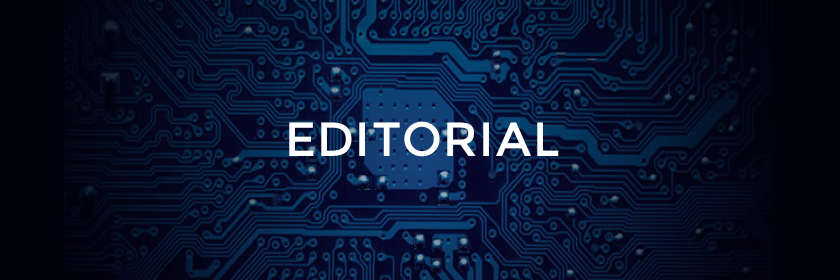
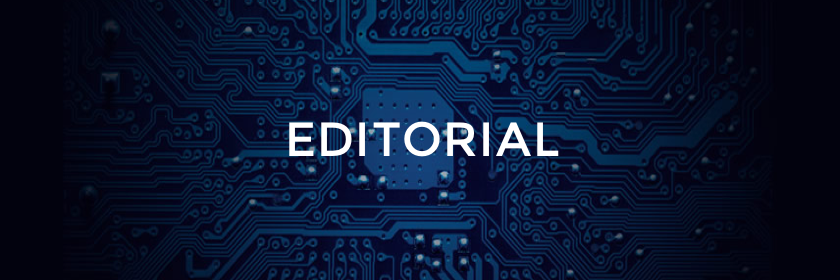
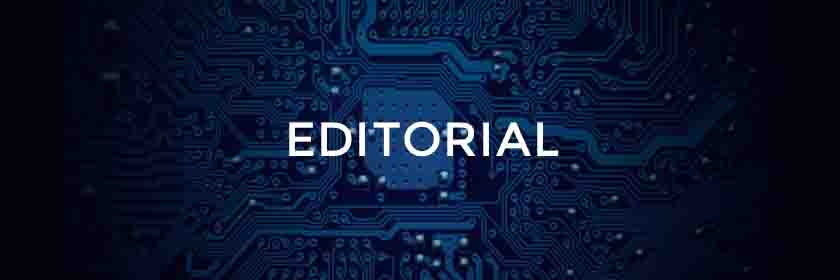
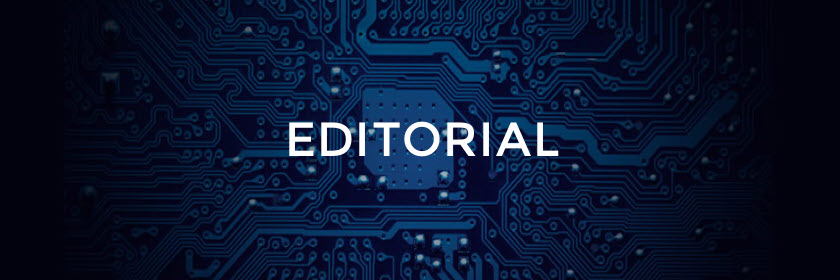
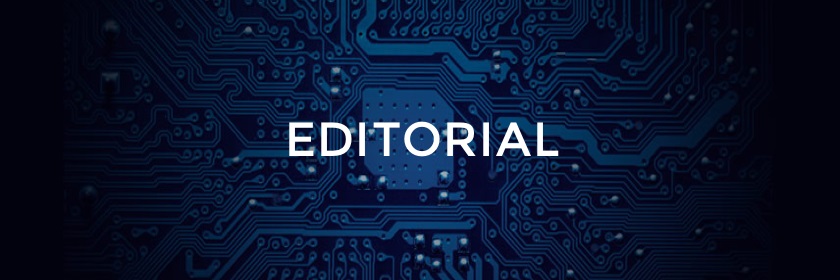
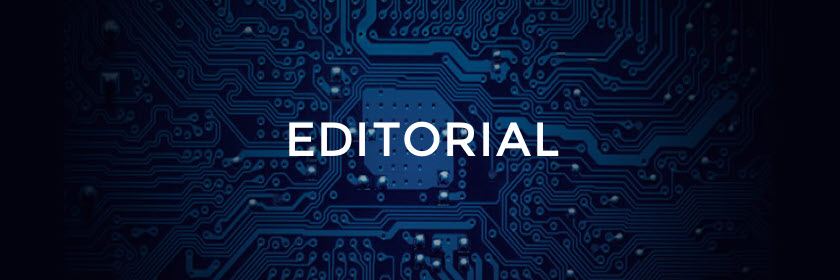
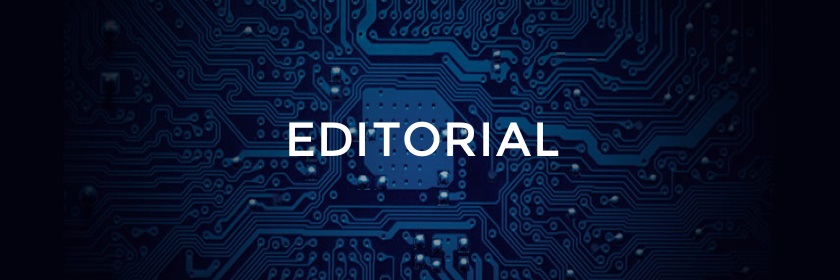
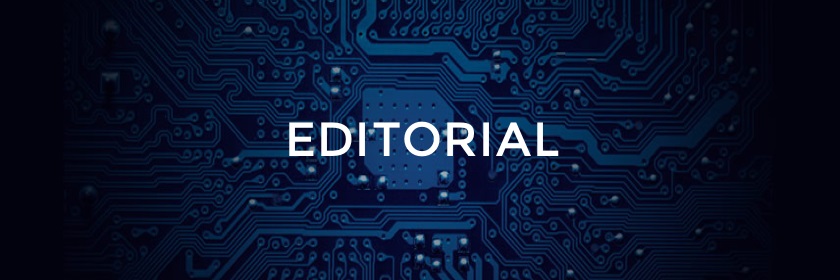
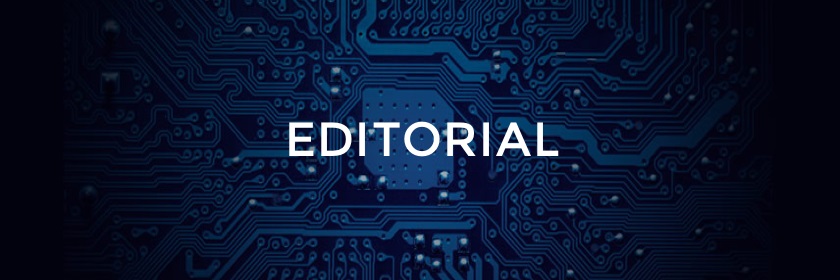
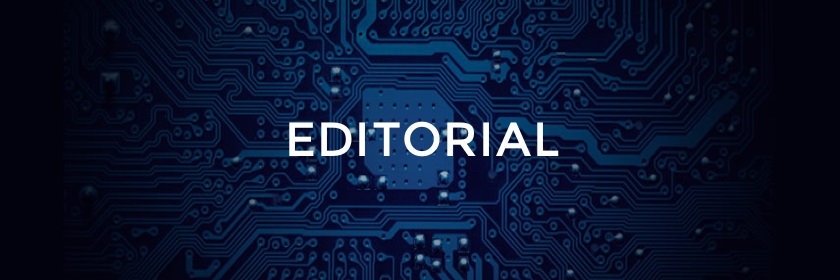
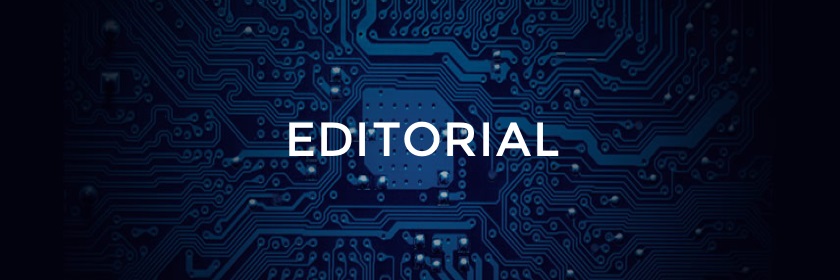
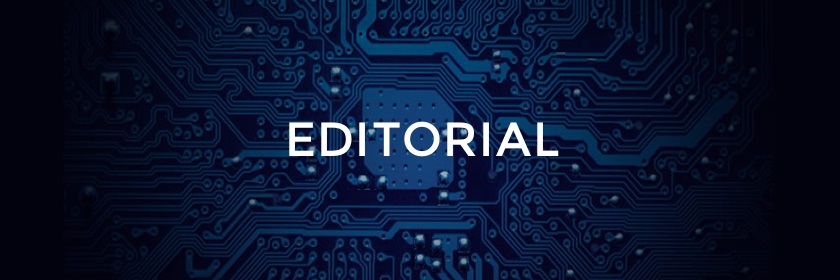
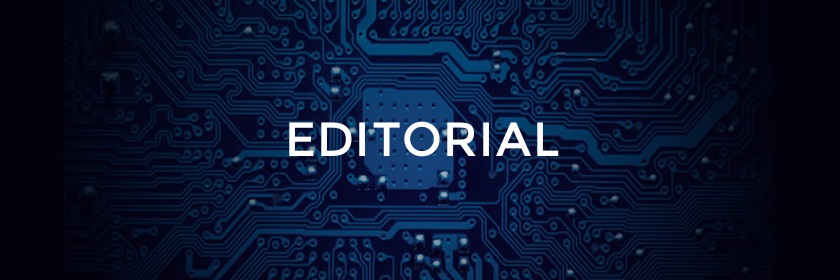
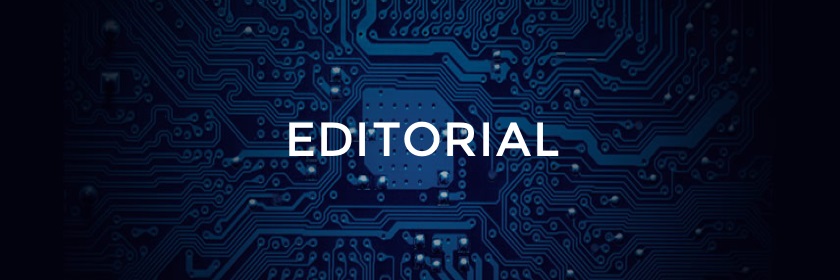
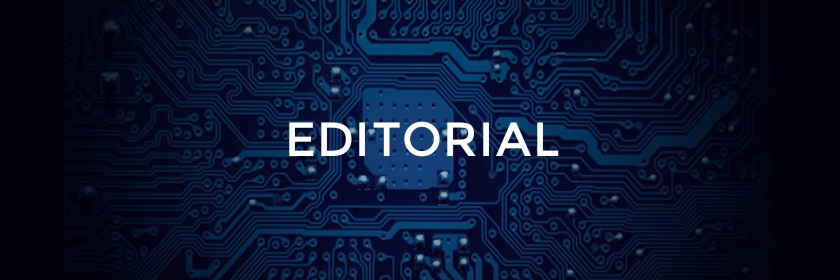
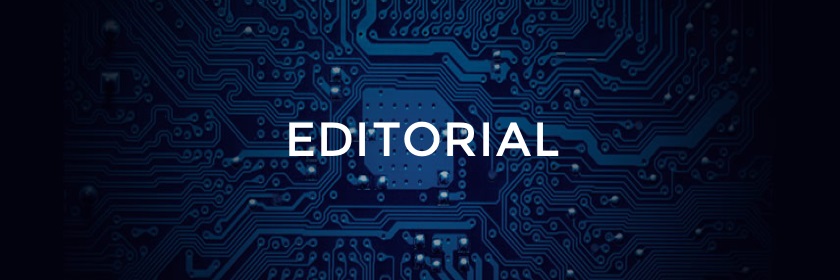
 has also developed and successfully executed, the first registered DOL cyber apprenticeship in the nation (https:// augustafreepress.com/mcauliffe-announces-virginias-first-cybersecurity-apprenticeship-program), with the first nationwide cohort graduating in May 2019.
has also developed and successfully executed, the first registered DOL cyber apprenticeship in the nation (https:// augustafreepress.com/mcauliffe-announces-virginias-first-cybersecurity-apprenticeship-program), with the first nationwide cohort graduating in May 2019.